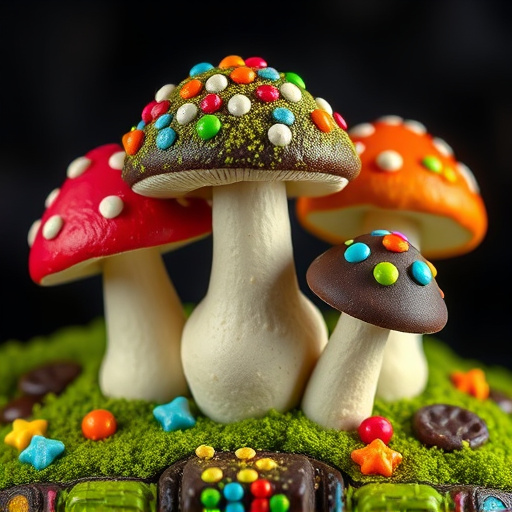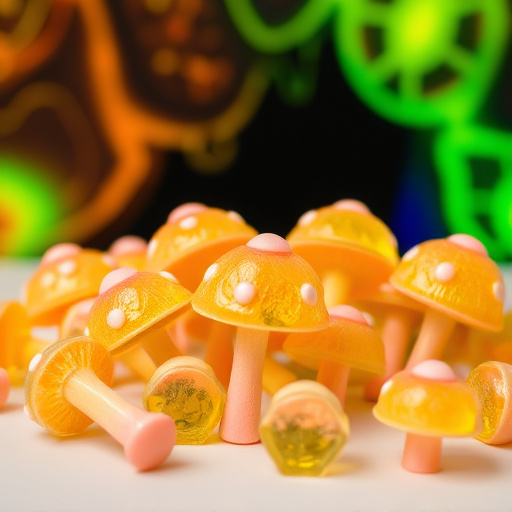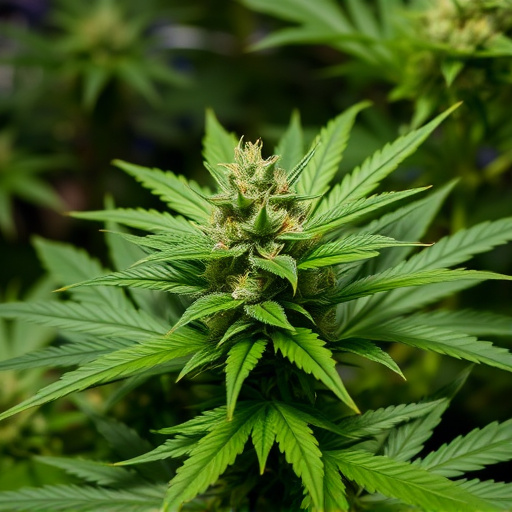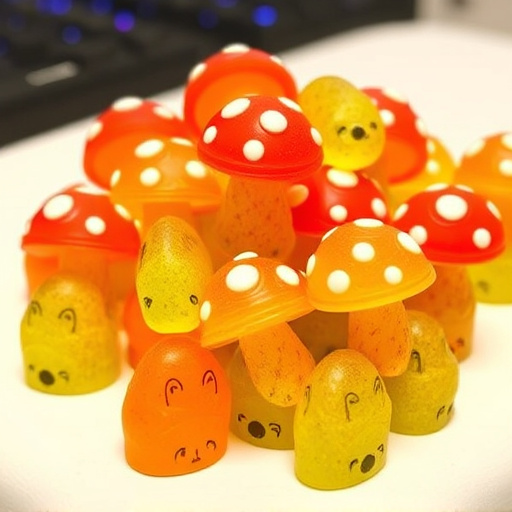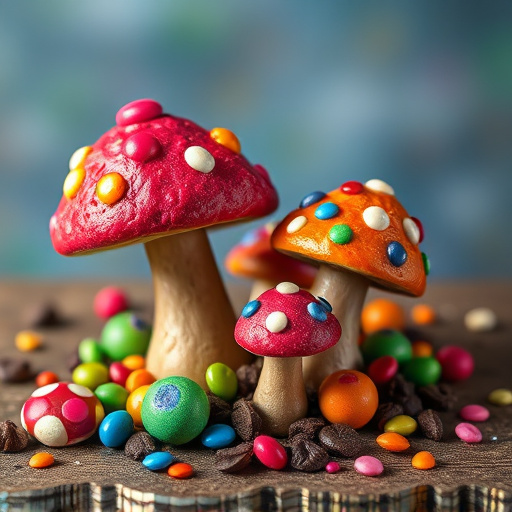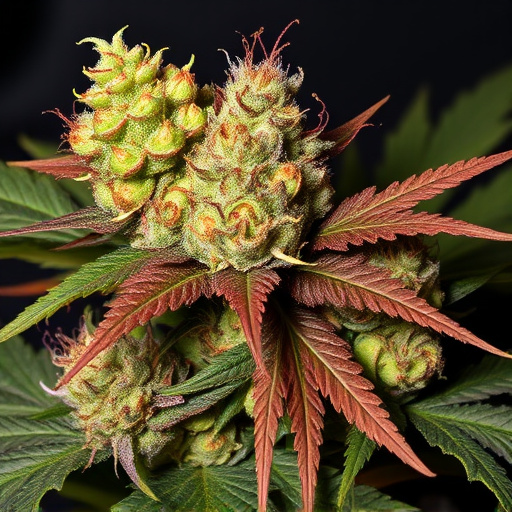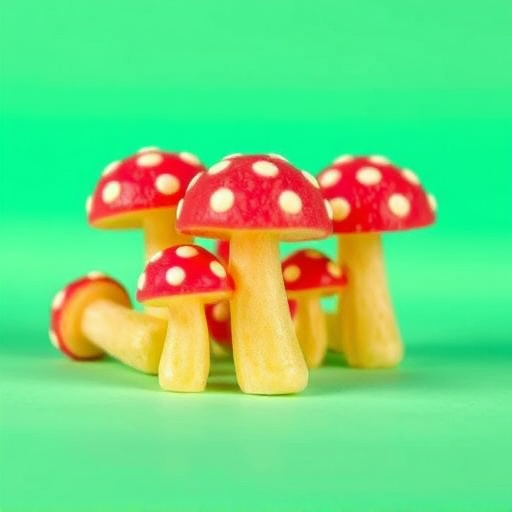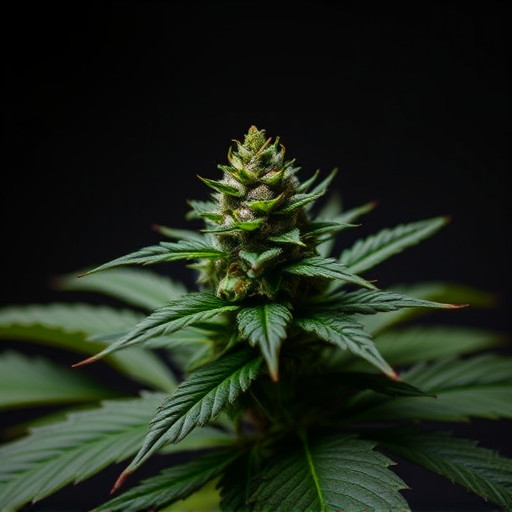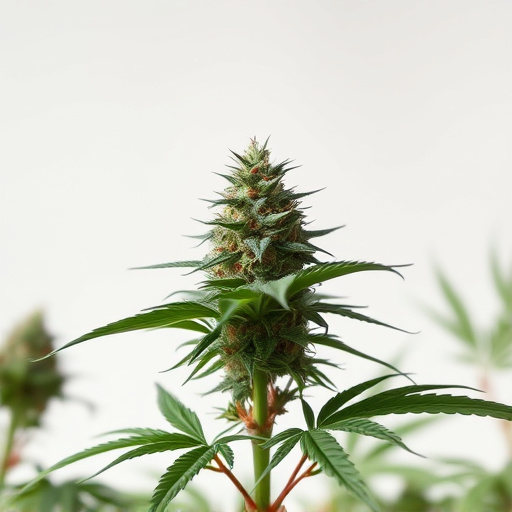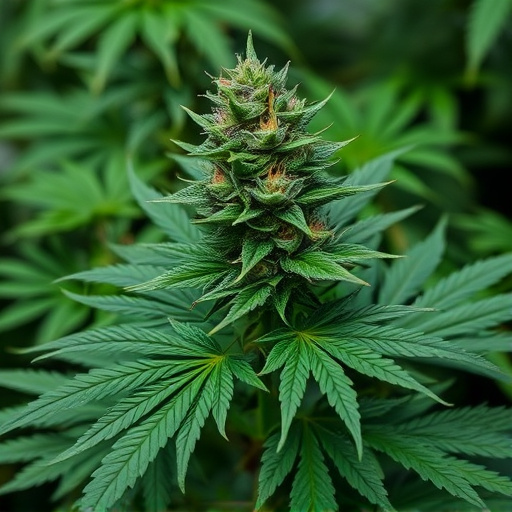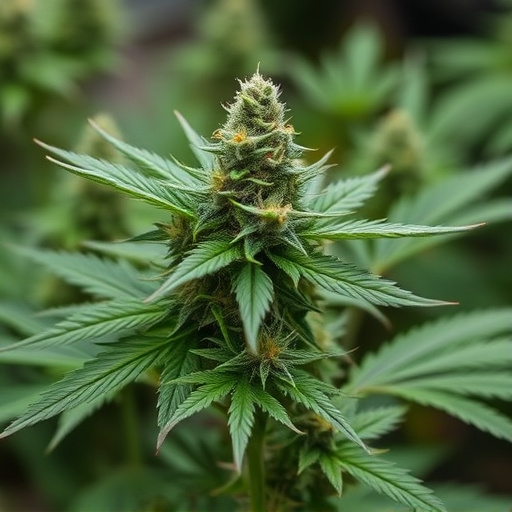Cannabis flower's unique compounds, like THC and CBD, interact with the body's endocannabinoid system, offering a potential therapeutic approach for managing depression symptoms. High-CBD, low-THC strains are particularly promising in treating depression without causing psychoactive effects. Popular cannabis strains such as Blue Dream (Sativa) for energy and focus and Granddaddy Purple (Indica) for relaxation and sleep aid can be used during the day or night, respectively. However, a cautious approach is necessary due to variable effectiveness and potential risks like adverse effects and medication interactions. Longitudinal research is required to guide safe integration of cannabis into therapeutic regimens for effective depression treatment.
Discover the potential health benefits of cannabis flower in managing depression. In this comprehensive guide, we explore how understanding cannabis and its effects can provide relief for symptoms of depression. From popular cannabis strains known for their therapeutic properties to safety considerations, learn about the latest research and future directions in treating depression with cannabis strains. Uncover natural alternatives and gain insights into navigating this growing field.
- Understanding Cannabis and Its Effect on Depression
- Popular Cannabis Strains for Managing Depression Symptoms
- Safety Considerations and Future Research Directions
Understanding Cannabis and Its Effect on Depression
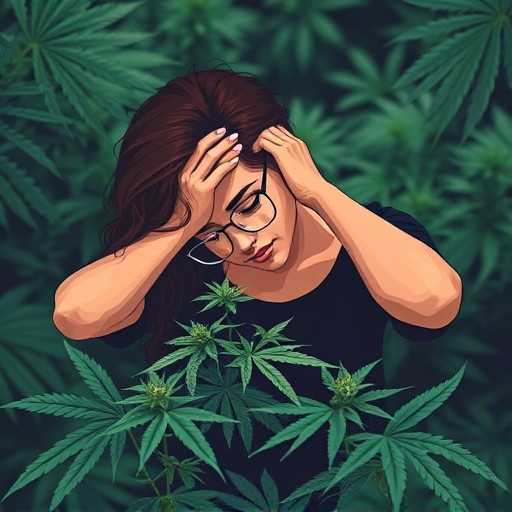
Cannabis flower, with its diverse compounds and terpenes, has gained significant attention for its potential therapeutic effects on various mental health conditions, including depression. While traditional treatments remain essential, cannabis strains for depression offer a promising alternative approach. The interaction between cannabis’ active compounds, such as THC and CBD, and the endocannabinoid system in our bodies may help regulate mood, reduce anxiety, and alleviate symptoms of depression.
Research suggests that specific cannabis strains with higher levels of CBD (cannabidiol) could be particularly beneficial for managing depression without causing the psychoactive effects associated with THC. These non-intoxicating strains provide a safe and natural way to explore the potential benefits of cannabis in mitigating depressive symptoms, offering a promising avenue for those seeking alternative or complementary treatments.
Popular Cannabis Strains for Managing Depression Symptoms
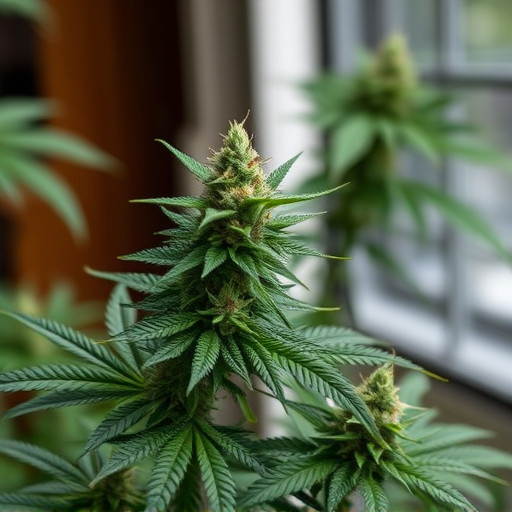
When it comes to managing depression symptoms, certain cannabis strains have gained popularity for their potential therapeutic effects. These plants contain various chemical compounds, including cannabinoids and terpenes, which interact with our bodies’ endocannabinoid system to influence mood and emotional responses.
Some of the popular cannabis strains known for their uplifting and calming qualities include Sativa strains like Blue Dream and Mango Kush, which are renowned for their ability to boost energy levels and enhance focus while also promoting relaxation. Indica varieties such as Granddaddy Purple and Girl Scout Cookies are favored for their sedative properties, offering a sense of tranquility and helping with sleep, often recommended for those dealing with anxiety alongside depression.
Safety Considerations and Future Research Directions
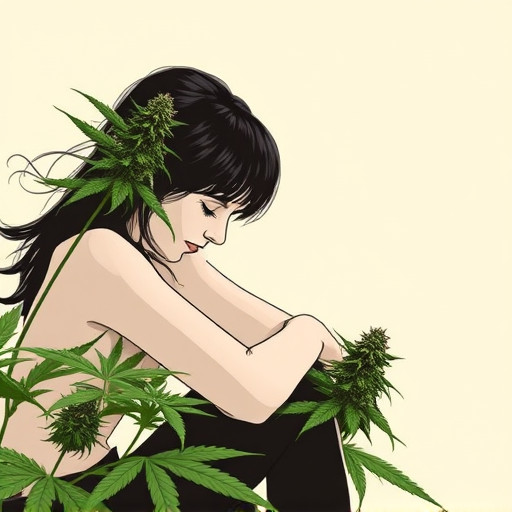
While cannabis has shown promising results in managing symptoms of depression, it’s crucial to approach its use with safety considerations in mind. The effectiveness and safety of cannabis strains for depression vary depending on factors like dosage, strain composition (e.g., THC and CBD levels), and individual tolerance and health history. As with any medication or supplement, there is a risk of adverse effects, including potential interactions with other medications.
Future research is needed to fully explore the complex relationship between cannabis and mental health conditions, such as depression. More studies are required to establish optimal dosage, strain types, and administration methods for treating specific symptoms. Longitudinal trials examining the long-term effects of cannabis use on individuals with depression are also essential. This research will help navigate the best practices for integrating cannabis into therapeutic regimens while ensuring patient safety and efficacy.
Cannabis flower offers a promising natural alternative for managing depression symptoms, with various strains known for their specific therapeutic effects. While more research is needed to fully understand its safety and efficacy, especially regarding long-term use, the current evidence suggests that carefully selected cannabis strains can significantly improve mental health. As we continue to explore the potential of this ancient plant, it’s crucial to prioritize scientific studies focusing on different cannabis strains for depression to ensure safe and effective treatment options are accessible to those in need.
